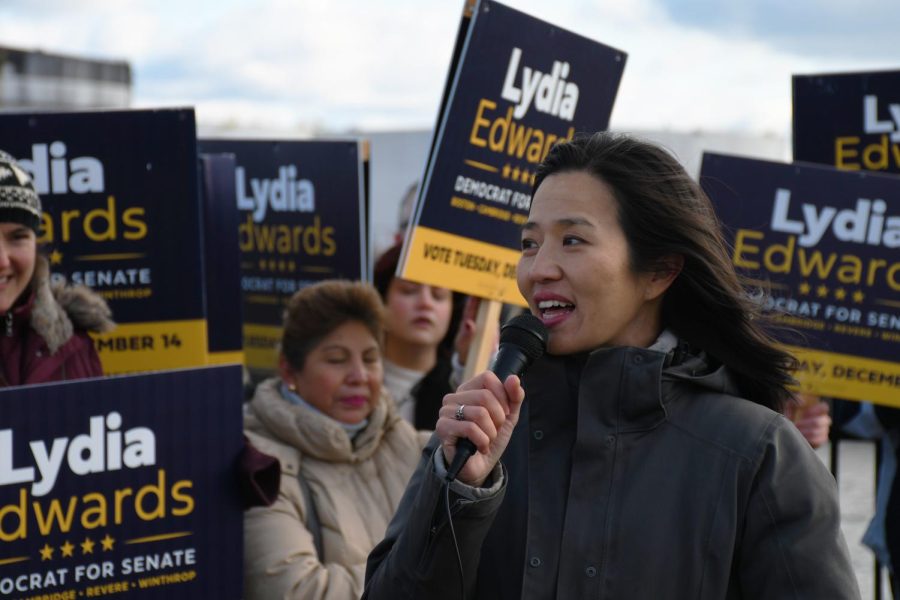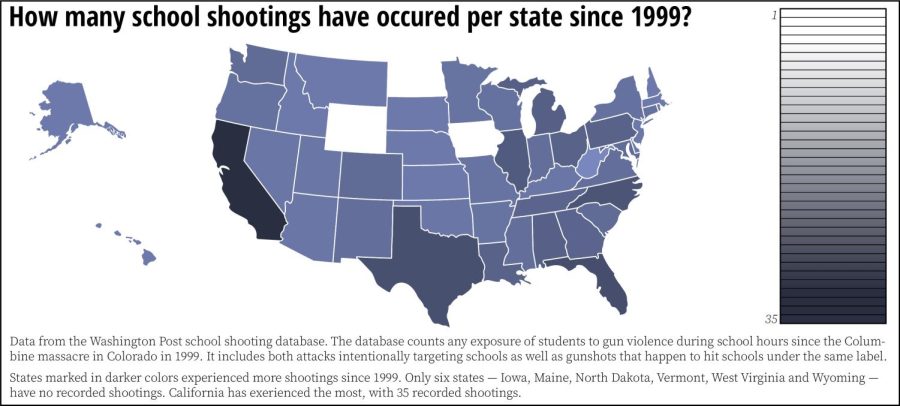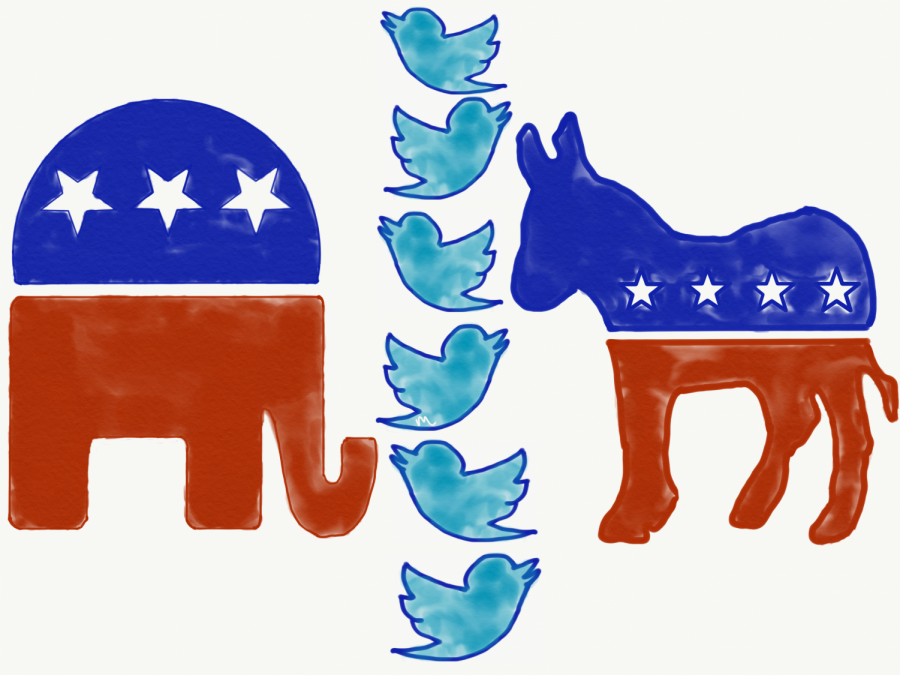By Gwen Schanker, editorial columnist
I wrote my first blog post when I was 14 years old and just beginning to explore my career interests. I was excited to develop my writing skills and to “document my steps into adult life,” as I put it then. After starting, I continued to post for the next year or so. I remember how amazing it felt to know that I could publish information online that anyone could see. Even though I was only in middle school, I had an opportunity to share my thoughts with millions of people – not that I had more than 20 regular readers. Still, it was incredibly exciting. I wasn’t yet familiar with the term “citizen journalism,” but I was already a big fan.
In my high school current events class, I wrote a paper about the current state of journalism, also referred to as the “fourth estate” of government. I learned that blogging and other work by untrained journalists was referred to as “the fifth estate,” an emerging branch of journalism that introduced a new set of complications, especially when it came to objectivity. I read about concerns that the fifth estate might eventually edge out professional journalism, eliminating the fourth estate. This was counterintuitive to the importance of having an unbiased voice in the mainstream media, and I argued that there was plenty of room for both types of writing in the news landscape. I wrote that the fifth estate was “a new development in our way of sharing information” – definitely not a death sentence for traditional journalism.
Now, as a third-year journalism student at Northeastern, I’ve become more familiar with various forms of reporting and have observed firsthand how each fits into the larger picture of news. Though I am now a published writer, I still enjoy blogging and have plenty to learn about reporting, writing and working as a journalist. I’m right on the line between citizen journalist and professional journalist – and it’s a very interesting place to be.
If anything, citizen journalism has become more prominent since I made my first foray into blogging six years ago. While unbiased reporting is still an extremely valuable convention, first-person pieces are on the rise, and the value of personal connection between writer and subject has become an important part of the conversation about journalism ethics. The definition of citizen journalism has expanded to include everything from 140-character tweets and videos shot on an iPhone and posted to Facebook to long-form stories published on Medium. The evolution of online news – and subsequently citizen journalism – has had a permanent impact on the field but it hasn’t brought about the death of traditional news. It’s arguably made the news landscape even more dynamic.
It’s easy to find a variety of perspectives on a subject with a single Google search, allowing readers to gain a more holistic understanding of a topic. We’ve reached a point where citizen and professional journalism balance each other out. Questionable reporting doesn’t gain traction online without serious attention from professional journalists, nor is a prominent news story covered without significant social media and blog posts cropping up on that same subject. The intersection between citizen and traditional journalism allows everyone from adolescent bloggers to professional journalists-in-training to take part in spreading news. As a college student who still remembers how great it felt to write my first blog post, I can’t think of anything better.















